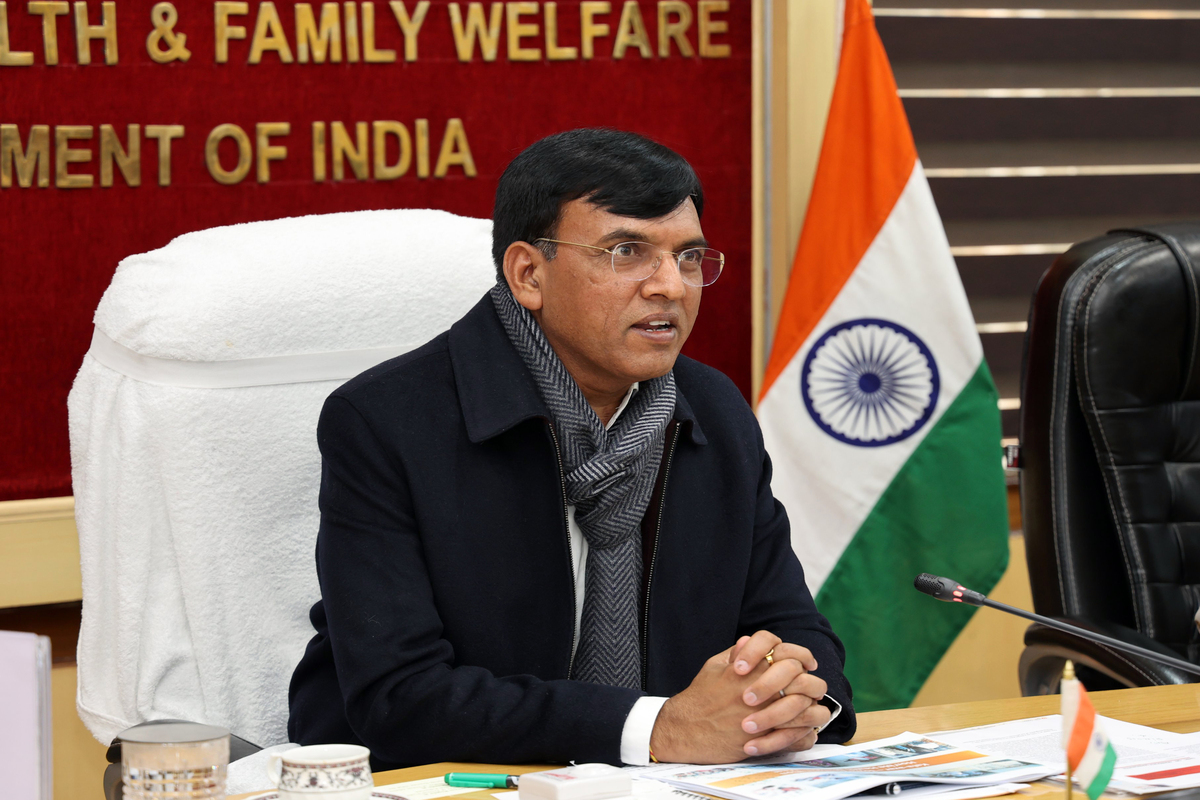Working on the vision of reducing the dependence on imports, the government is focusing on indigenous production of high-value pharmaceuticals and high-end medical devices, Union Health Minister Mansukh Mandaviya said on Tuesday.
”Manufacturing of components of high-end medical devices in the country will be another big step in moving towards Aatmanirbharta,” he said while appreciating the efforts of the applicants selected under the scheme.
Advertisement
The Department of Pharmaceuticals (DoP) released the first tranche of incentives under the Product Linked Incentive (PLI) scheme of pharmaceuticals amounting to Rs 166 crore to four selected applicants, here today.
Under the Atmanirbharta initiative of the government, the Department of Pharmaceuticals launched the PLI scheme for pharmaceuticals in 2021. The financial outlay under the scheme is Rs 15,000 crore over a period of six years.
So far, 55 applicants have been selected under the scheme, including 20 Micro, Small & Medium Enterprises (MSMEs). The financial year 2022-2023 being the first year of production for the PLI Scheme, the DoP has earmarked Rs 690 crore as the budget outlay.
With an objective to enhance India’s manufacturing capabilities and contribute to product diversification towards high-value goods in the pharmaceutical sector, three different categories of products are being supported under the scheme, viz,
Category 1: Biopharmaceuticals; Complex generic drugs; Patented drugs or drugs nearing patent expiry; Cell-based or gene therapy drugs; Orphan drugs; Special empty capsules, Complex excipients,
Category 2: Bulk drugs (except those 41 eligible products notified under “PLI Scheme for Bulk drugs) and
Category 3: Drugs not covered under Category 1 and Category 2 such as Repurposed drugs; Autoimmune drugs, anti-cancer drugs, anti-diabetic drugs, anti-infective drugs, cardiovascular drugs, psychotropic drugs and anti-retroviral drugs, including In vitro diagnostic devices (applicable to 5 applicants out of 55 applicants);
The incentives on incremental sales to selected participants under these categories are at a varying rates over the years ranging from 10 to 3 per cent (tapering in the last two years of the scheme).
Against the expected investment of Rs 17,425 crore in the pharmaceutical sector over the scheme period, the scheme has garnered an investment of Rs 16,199 crore by these 55 applicants in the first year of implementation itself. Against the expected employment of 1 lakh over six years scheme period, 23,000 persons have been given employment, so far.









